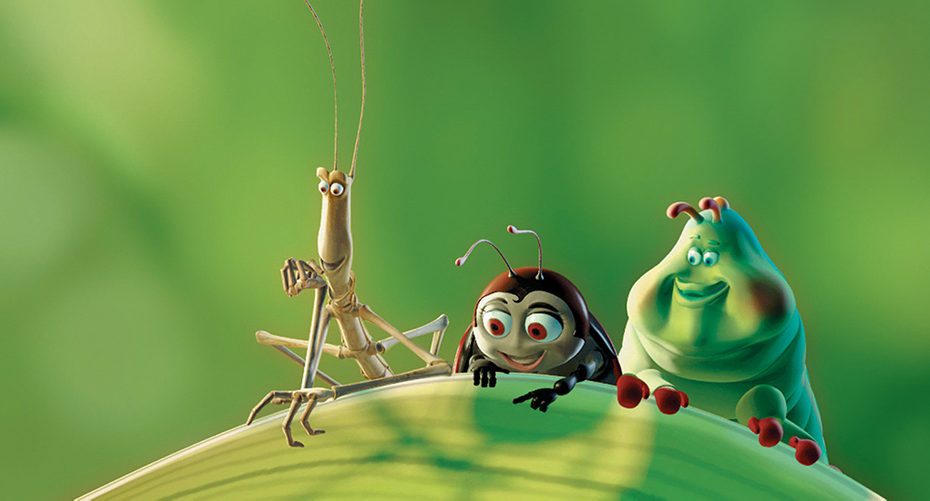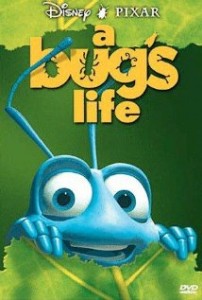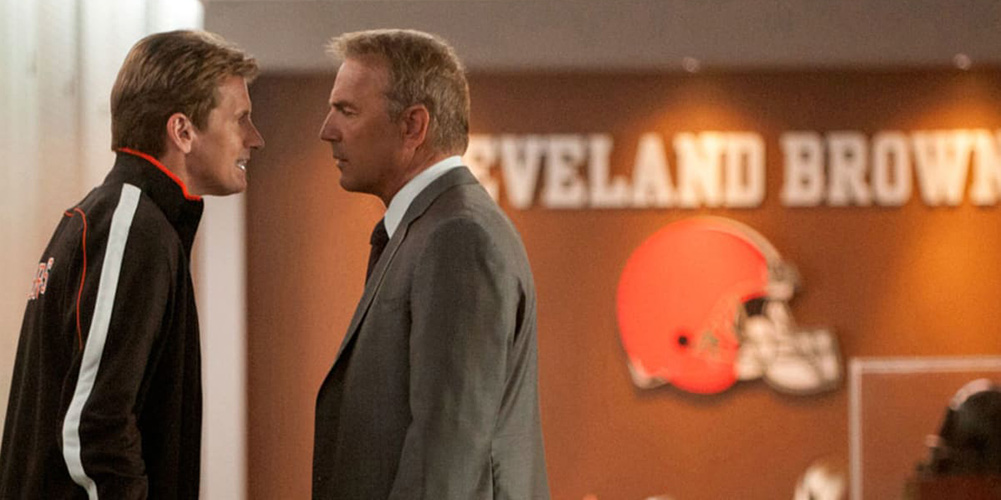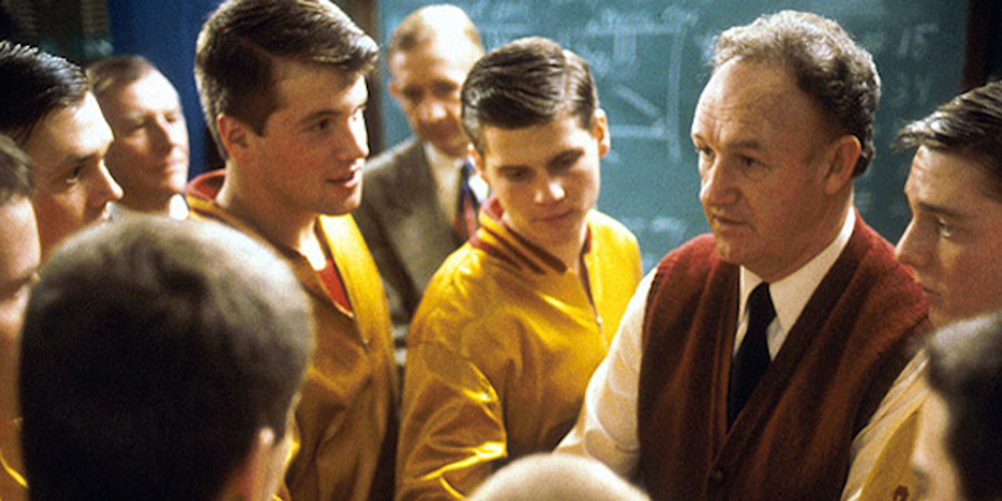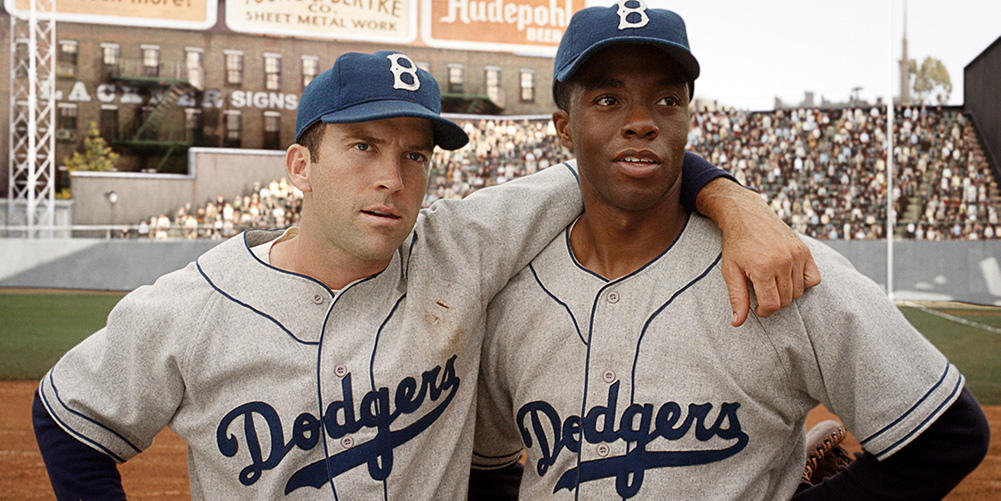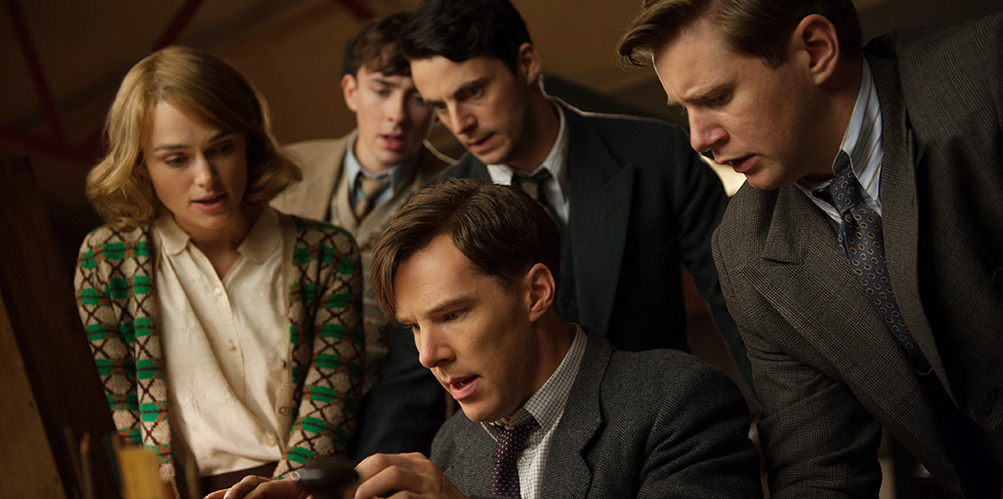Creativity is usually considered a prized asset. But according to recent research reported on Lifehacker.com, many of us tend to reject creative ideas out of hand.
The research showed the novelty of new ideas can make people feel uncomfortable, leading them to reject them in favour of the tried and tested. This anti-creativity bias is not affected by objective evidence, and is often so subtle that people are unaware of it.
This phenomenon is beautifully demonstrated in Pixar’s A Bug’s Life, where a colony of ants are victimized by a gang of marauding grasshoppers. The ant colony rigidly follows the ‘established way of doing things’, and any diversions are met with fear and uncertainty.
Standing alone in this staunchly conservative environment is our hero, Flik. In wealth dynamics terms, Flik is a classic creator, constantly coming up with new ideas and desperate tomake a difference. But a lack of feedback or support from his colleagues inevitably doom his creations to failure.
The ants’ intransigence is most evident when confronted with the grasshoppers’ demand to double their food ‘offering’. They agree immediately without considering alternatives, though they risk starving themselves in the process. Only Flik offers a viable alternative – to recruit a gang of ‘warrior bugs’ to defend them. The ants dismiss his idea without consideration, and finally indulge it only to get him out of the colony.
A Bug’s Life demonstrates other valuable leadership concepts too:
Maximizing individual strengths as part of a team
While courage may initially be lacking in the circus troupe ‘warrior bugs’, teamwork is not. Each member knows each other’s unique strengths, and they combine flawlessly to put them to best use. First, they mount a daring rescue of the Queen’s daughter, Dot, then combine with the organised discipline of the ants to create the mechanical bird.
Encourage the heart
Everyone becomes frustrated or exhausted at some stage, but great leaders give them the strength to continue. When Flik’s fortitude deserts him in the final act, the circus troupe show him what he has done right: given them a new sense of purpose and self-respect. Then Dot gives him a visual reminder of the encouragement he had once given her – that we all have the power to make a difference.
The importance of managing fear
Despite having a credible plan to defeat the grasshoppers, and a weapon to achieve it, the ants’ confidence evaporates instantly when the ‘warrior bugs’ are exposed as a circus troupe. It’s up to the colony’s youngsters to carry out the plan.
Humans can experience the same thing when the emotional centre of our brain (the amygdala) hijacks our thinking centre (the neo-cortex). As a result, a primal emotional response – such as fear – can overpower our rational thought.
Courage
Challenging the process, and standing up for what you believe in, takes courage. But it inspires it too. When Flik stands up to the menacing Hopper at the end, he inspires first the Queen, then the rest of the colony, to do the same. It’s Hopper’s worst fear – that the colony recognise their collective strength and stand up for themselves as a result.
The ants’ bravery also inspires the circus troupe to turn into warrior bugs after all as they join forces to banish Hopper from the colony.
